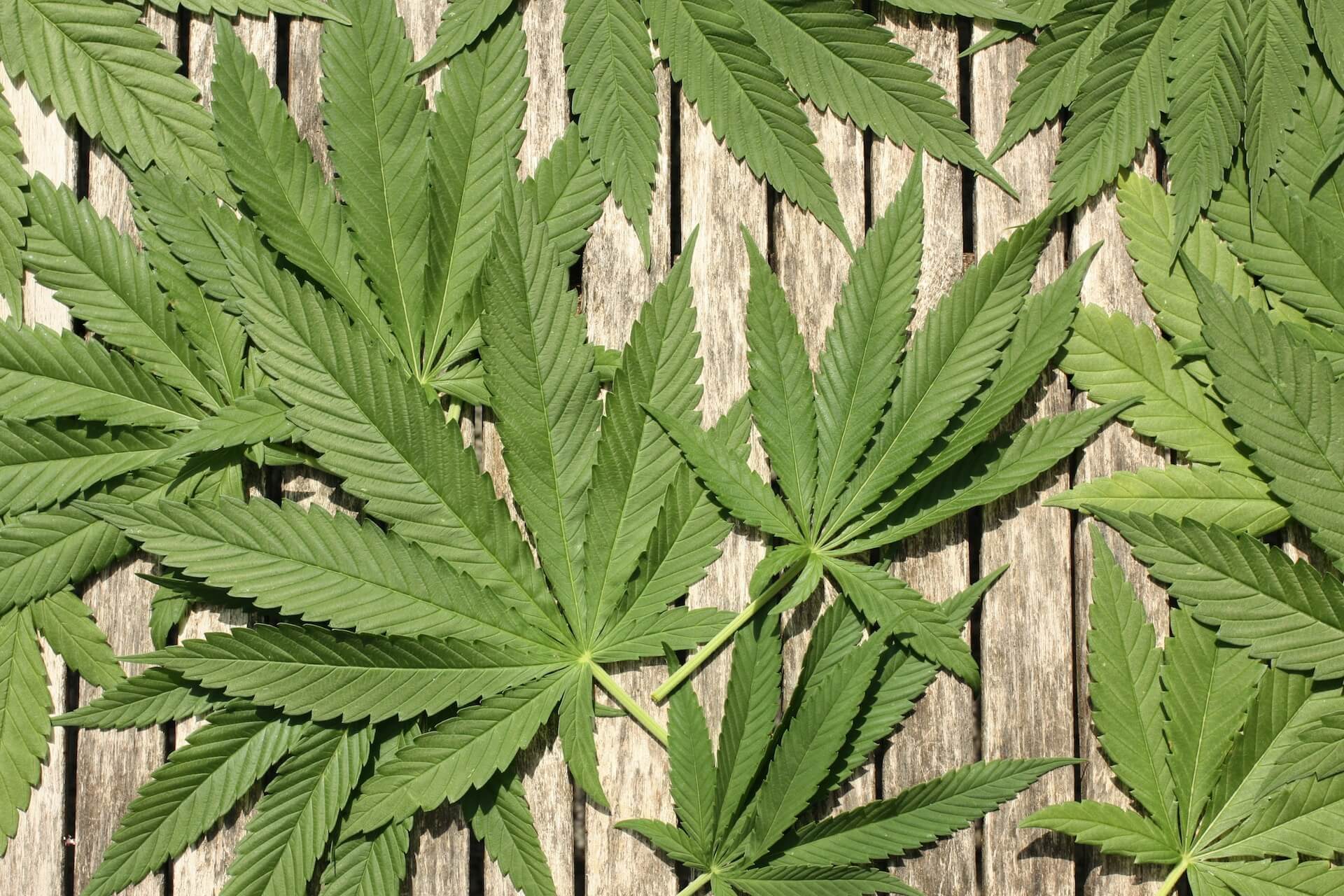One of the representative symbols of cannabis is its “leaves.” Cannabis leaves are widely recognized as a symbol worldwide. Leaves of plants are essential for promoting growth through photosynthesis. In this discussion, we will introduce the characteristics of cannabis leaves and how they are used.
Importance of cannabis leaves

There are two types of cannabis leaves: fan leaves and sugar leaves. Fan leaves refer to large leaves that grow from the branches, while sugar leaves refer to small leaves that grow from the buds.
Cannabis leaves have a distinctive appearance, with 3 to 9 small leaves clustered together at the end of a slender stem, forming a palm-like shape. The leaves not only have a visually appealing structure but also efficiently capture sunlight during photosynthesis.
Fan leaves themselves contain plant nutrients and also include cannabinoids, albeit in smaller quantities compared to sugar leaves and buds.
The majority of cannabis leaves (fan leaves) are found near the bottom or base of the plant. If there are issues with nutrition or water, it will manifest in the cannabis leaves. Many growers trim off excess leaves to improve airflow and promote bud development.
As an interesting trivia related to cannabis leaves, the town of Kanepi in Estonia has adopted the marijuana leaf as its symbol and emblem. Kanepi, which first appeared on maps in the 16th century, has been known for centuries for the production of oil and textiles from hemp, and it is believed that the town’s name is derived from this association.
Uses of Cannabis Leaves

In the previous section, we introduced the characteristics of cannabis leaves. So how are cannabis leaves utilized?
Trimmed cannabis leaves (fan leaves) have many reusable purposes.
One primary use of fan leaves is in food and beverages. The leaves contain fibers and can be used in nutrient-rich juices, salads, cookies, chocolates, and more. They can also be boiled and consumed as tea, which is said to be more effectively absorbed when consumed with butter or milk.
Furthermore, cannabis leaves can be used for extracting extracts, which are commonly used for medicinal purposes.
In Conclusion
We have provided an introduction to cannabis leaves (fan leaves) and their uses. Fan leaves are essential for the growth of cannabis plants. While fan leaves contain fewer cannabinoids compared to buds, their extracts can be used for medicinal purposes and they can also be incorporated into various food and beverage products. The versatility of utilizing cannabis leaves in nutritionally rich foods is certainly a positive aspect.
